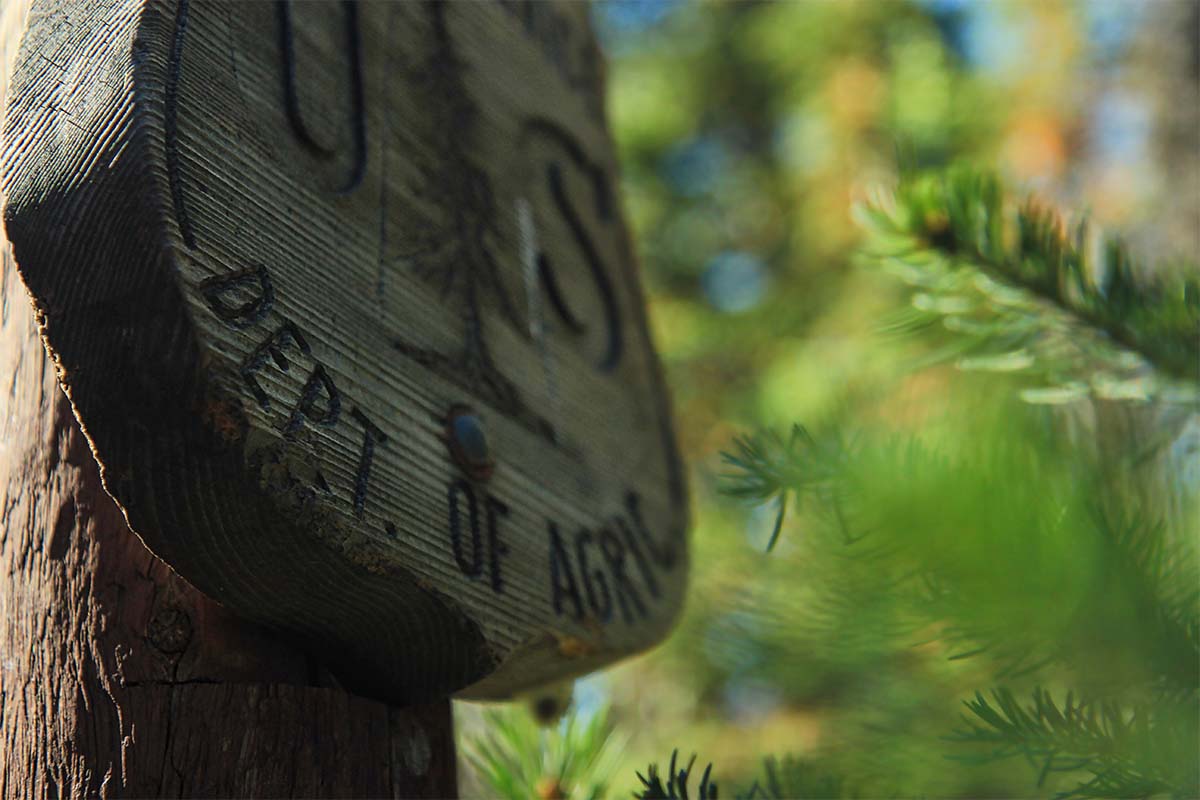The U.S. Secretary of Agriculture, Sonny Perdue, wrote a memo to staff of the U.S. Forest Service last month promoting an agenda to “increase the productivity of National Forests and Grasslands.” Perdue was pretty candid in outlining his vision: “These lands are critical for the prosperity of rural communities, sustaining jobs and livelihoods in grazing, mining, oil and gas development, recreation and forestry — sectors that support our American way of life.”
In simpler terms, Secretary Perdue is looking to streamline development on public lands. His blueprint imagines leveraging the country’s forests to “increase America’s energy dominance,” by creating opportunities for livestock grazing, logging, fracking and other environmentally debilitating practices. He’s also interested in “expediting broadband development” on protected lands, and setting aside more recreational areas for hunting and fishing.
Secretary Perdue, like most of President Trump’s appointees, has never bothered to listen to “Big Yellow Taxi.” His memo isn’t particularly surprising; in 2014, he wrote an op-ed for The National Review about the pitfalls of the Common Core education system, and somehow turned his own piece into a rumination on climate change, writing, “It’s become a running joke among the public, and liberals have lost all credibility when it comes to climate science because their arguments have become so ridiculous and so obviously disconnected from reality.”
What’s really disconnected from reality, though, is Secretary Perdue’s dangerous, exploitative plan for some of the nation’s most treasured public lands. Randi Spivak, the director of the Center for Biological Diversity’s public lands program, called the memo, “a roadmap to national forest destruction.” Secretary Perdue claims to have the best interests of rural America and American jobs at heart (we should point out, however, that A) this contingent only represents 19 percent of the nation and B) their jobs receive a disproportionate amount of attention — for example, miners account for less than 0.019 percent of the workforce), but all told, this is just a thinly veiled plan to give special interest groups a shot at harvesting timber and fossil fuels from areas they can’t usually reach.
One of the greatest disconnects in Secretary Perdue’s letter can be found right there in the first bullet of his memorandum. That third word,”productivity” implies that an aging, well-maintained forest is somehow not enough, that if it is not generating income, energy or excitement for the American people, it is useless. The U.S. Forest Service turns 115 this year. Over the next 115, we can only hope that preservation, the agency’s true purpose, is favored over productivity.
Subscribe here for our free daily newsletter.
Thanks for reading InsideHook. Sign up for our daily newsletter and be in the know.

















